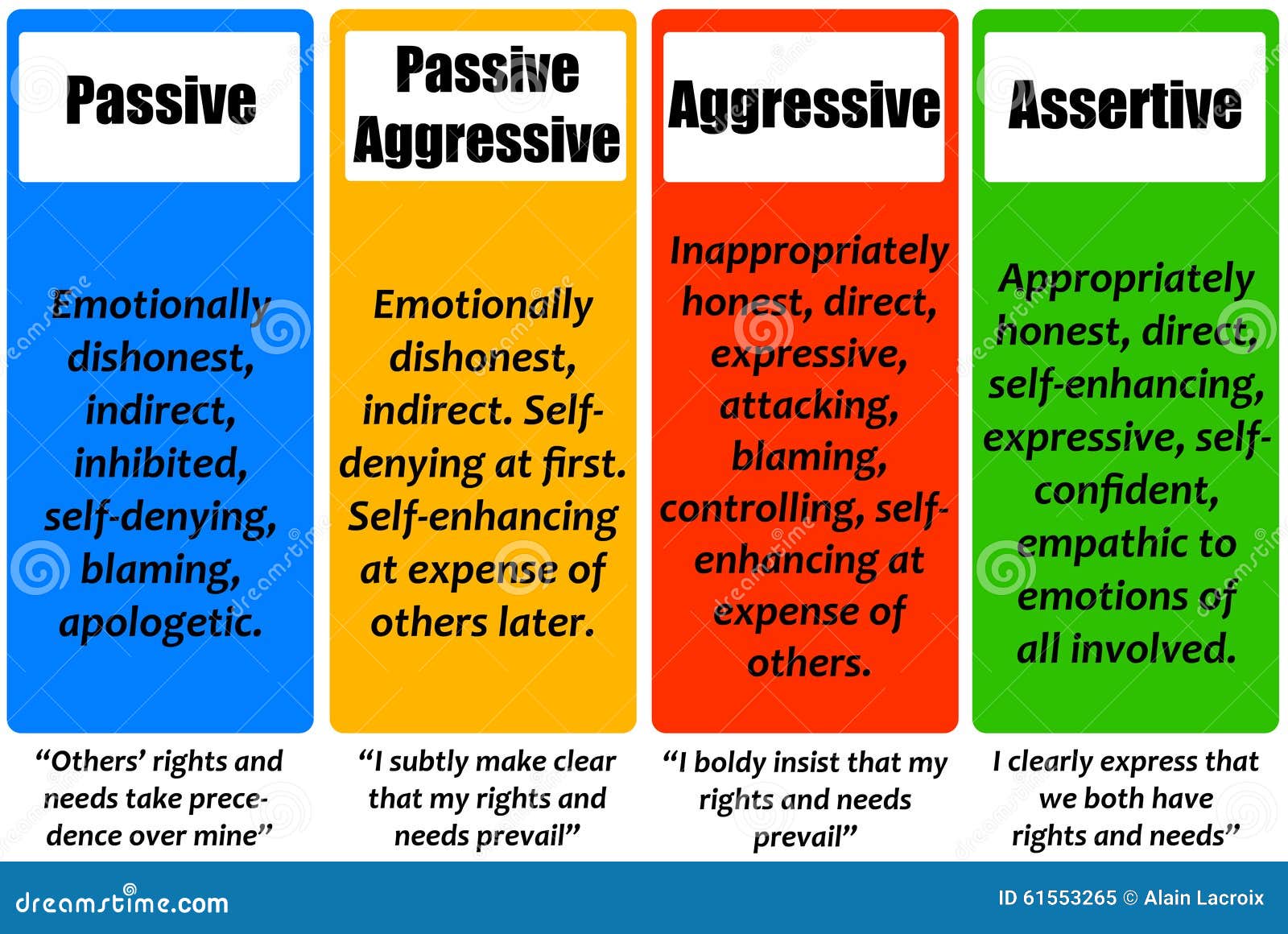

Heart surgery and hospitalization may be protective factors, but the protection might not be the actual surgery or hospital stay, as there may be other variables that are the actual cause, such as reduced vitality or altered parent child interactions after heart surgery. Age effects were reflected in older participants, who showed more internalizing problems. Cerebral and heart problems did not result in longer hospital stays, whereas esophageal reflux did.

Long hospital stays were associated with less problem behavior, especially internalizing behaviors. The number of operations and hospitalizations was not associated with behavior, but the total length of the hospitalizations was. Participants with heart surgery especially, had less behavior problems. This case is that of a 24-year-old male with Down’s syndrome who showed abnormally aggressive behaviours. There is little evidence to support severe psychotic disturbance and aggressive behaviours being common in the Down’s syndrome population. Of all medical conditions, only the presence or absence of heart defects and cardiac surgery could differentiate between the participants with regard to the number of behavioral problems. with Down’s syndrome, although research has been inconclusive. Deafblindness was associated with developmental delays in expressive and overall communication level, and recurrent middle ear infections correlated with delays in written language.

Aggression toward unfamiliar dogs is also widespread. Some studies report that as many as 60 to 70 of all pet dogs bark threateningly at strangers and act unfriendly when around them. It’s common for dogs to behave aggressively toward unfamiliar people. Cerebral deficits were associated with three problem behaviors: more intense and withdrawn behavior and a worse mood. Determining whom your dog is aggressive toward is essential to understanding her behavior. Tube feeding was also related to positive behavior, since participants with a history of tube feeding showed less intense behavior. With the exception of more tics, cardiac surgery was associated with positive behaviors: less withdrawn behavior, better mood, and a more easy temperament. The behaviors and medical problems in 27 persons with CHARGE syndrome were studied, because it was hypothesized that their behavior might be partly dependent on the heterogeneous medical status. Knoors, Harry van Ravenswaaij, Conny M.A. CHARGE syndrome: Relations between behavioral characteristics and medical conditions CHARGE syndrome: Relations between behavioral characteristics and medical conditions


 0 kommentar(er)
0 kommentar(er)
